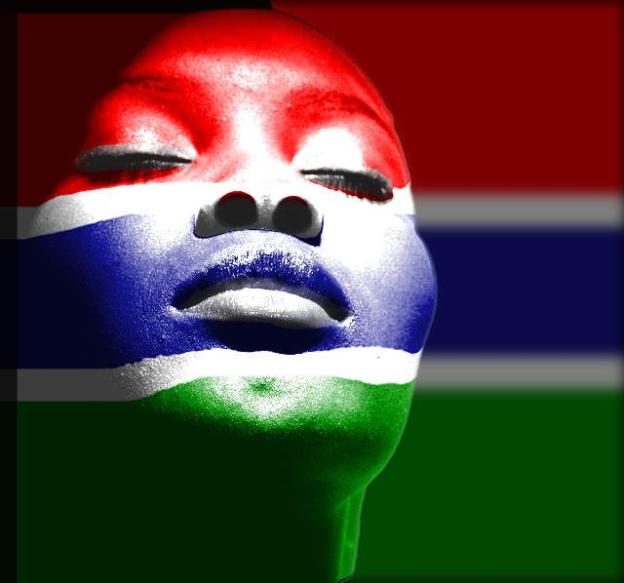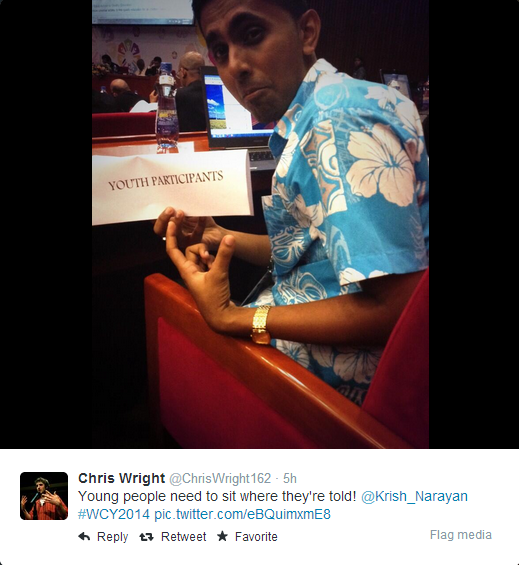On 29th June, President Adama Barrow made what has been described as one of his boldest moves since his rise to the highest seat of power in The Gambia. The first cabinet reshuffle since the demise of the Jammeh government came as a surprise to many, even as some had already anticipated the move due to the ever-growing grapevine in the country’s information space. Evidently, the changes in some of the positions were not entirely shocking, but some, particularly that of the Vice President and Minister of Women’s Affairs raised questions and gave way to much speculation and analyses, especially on social media.
I will leave the task of the political readings into the replacement of Fatoumatta Jallow Tambajang by Ousainou Darboe to our experts in the domain. My thoughts will be focused on the emerging debate on what this reshuffle means for the Ministry of Women’s Affairs, and the state of women in The Gambia, in general.
The heart of the debate, with opinions proferred from different sections of society, is the handing-over of the leadership of the Women’s Affairs Ministry to a man. It is important to note that this is automatic, as the Ministry of Women’s Affairs is tied to the Office of the Vice President, a system inherited from the previous regime. I wonder where the surprise and questions are coming from. For people like me, born at the dawn of the 90s, the two portfolios are one and same. Having a woman – Isatou Njie-Saidy – lead this portfolio for more than two decades also did well to cement this notion, possibly giving way to conclusions that the Vice Presidency should always be handed over to a woman. This was evident in the process leading to the appointment of President Barrow’s deputy, bar the controversial process that characterised that decision. For a great majority of Gambians, it made sense for a woman to take up the second seat of power. For some, it may have been an allusion to the country’s efforts to ensure gender equality and better female representation in government. For others, it was about the familiarity – this is what we know and are accustomed to, so let’s stick with that plan.
However, it is important to go beyond the optics of gender equality in The Gambia, usually backed by the tokenism of appointing one or two prominent women into leadership positions, and parading them as the markers for progress in that domain. I’ve always been on the opposite side of the idea of tokenism taking the place of real representation that goes beyond the few women who ‘break the glass ceiling’. My idea of equality and representation begins not at the climax of the goal, manifested in appointments and promotions, but at the very root of the issues that have created and continue to contribute to gender inequality and inequity.
How do we ensure that girls are prepared for leadership from an early age? How do we dismantle patriarchal systems that continue to place girls on the short end of the opportunity stick, such that their progress is generally stunted, and their potential for higher leadership pruned to its death? How do we build confidence and an unapologetic quest for success in girls, just as is done for boys? How do we open up the space to allow for mistakes from girls and women, so that when one errs, the rest of the female population will not be discredited and dismissed as incapable, incompetent, and unsuitable for leadership and responsibility? More importantly, how have we contributed to the creation of a system that sees nothing wrong with placing a man at the head of an institution dedicated to the affairs of women, especially in a country where there is no dearth of competent women to take up that role?
I ask these questions because some of the outrage on this issue has been amusing to me. I’ve sat back and watched people who dismiss feminism and gender equality spin threads and threads of opinion on the matter, regurgitating the very ideas they dismissed. I’ve also observed a trend of convenience where these issues are suddenly coming to light, to some. Meanwhile, the inequality in gender representation in government has always been there, right from the first appointments made by the President in 2017. I would assume that it wasn’t much of a problem then as it is now, as manifested in the number of voices that questioned the real ‘change’ in the system, if women are still left behind. If anything, it has been quite refreshing to see an increase in voices demanding for better representation. It shows that people are not really ignorant about gender and why representation matters, even if we choose to ignore it at our convenience.
But I ask, shouldn’t our outrage be extended to other ministries, government departments, parastatals and private institutions? Better yet, can we extend this to our homes, where inequalities are stark and characterise our daily reality as women and girls? How do we ensure that the current anomaly with the Ministry of Women’s Affairs is fixed, and barred from replication in all other areas of our lives? I do not have all the answers, but I have a few recommendations that may contribute to advancing the debate and addressing a challenge that is gaining bigger prominence in the new Gambia.
My first suggestion, as shared on my Twitter account in the wake of the reshuffle, is that the Ministry of Women’s Affairs should be detached from the Office of the Vice President. Women make up the majority of the population, and the issues affecting their growth and development are too broad and complex to be annexed under the portfolio of the Vice President. This arrangement places the Ministry on the back burner, with matters of the Vice Presidency overshadowing its relevance. Because issues related to women and children are often interlinked, I would go further to suggest a Ministry of Gender, Children and Social Welfare. With this Ministry, the Women’s Bureau and the Department of Social Welfare can be brought under one umbrella, creating a convergence for crosscutting issues, and providing an opportunity for a holistic approach to implementing solutions for the relevant groups. The opportunity for better coordination of women’s development, child protection and social protection should be embraced and leveraged for better results. And yes, this Ministry should be headed by a woman, selected for her competence and drive for results, as well as the extra advantage of being a woman with primary experience on the issues that require solutions. As long as the Ministry of Women’s Affairs is under the Office of the Vice President, we should prepare ourselves for leadership as the President desires – regardless of gender. This can be fixed.
The second suggestion is for President Barrow and his government to re-evaluate the status of women in The Gambia, and move to fulfill its obligations under the CEDAW and the Maputo Protocol that clearly outline the rights of women and girls. The Constitutional Review Commission, which got into action a few weeks ago, has a responsibility to ensure the full incorporation and enforcement of the provisions of these instruments. A new Constitution that does not adequately represent the interests of women and girls, cognizant of the present inequalities and inequities, is as good as nothing in the new Gambia. We have an opportunity, and I’m counting on civil society and members of the public to make solid contributions to this effect, as much as those are possible. We must move our voices and actions into the spaces where they can make a real difference.
My final point is centered on the need for a change in attitudes towards women and girls at all levels of society. The gender disparities we see in government today are not magical happenings. They are a clear reflection of the state of our country, and the status of women and girls. We cannot cry foul at representation and equality in government and then turn around and benefit from that same inequality in our homes. The work to improve the lives of women and girls should be the responsibility of all people, regardless of gender. One might argue that this brings to moot, the argument against Darboe as Women’s Affairs Minister, but that is a conversation I will leave for another post. The point is that we should all have a conversation with ourselves, identify the contributions we make to the perpetuation of the status quo, and work to make amends. And yes, I’m also talking to our so-called progressive men and #He4She champions who shout out loud for the cause, but are unapologetic about their sexism and misogyny where there are no eyes, ears and mouths to keep them in check. Change begins with the little things we do, and this includes making an honest pact with ourselves to let go of convenience and personal comfort and work towards the common good… or at least a good that everyone can enjoy, and build a life of dignity from.
I believe that it is also necessary to open up the space for dialogue and debate, even with people we perceive to be on the opposite side of our views. Dissent and opposition do not necessarily translate to hate, and we must learn to rise above personality attacks and taking things personal. Our focus should be on issues and figuring out how to finally get this new Gambia ship moving in the right direction. Right is right at all times and in all situations. Wrong is wrong at all times and in all situations. We voted, fought, and made sacrifices for a change, and should keep those in power accountable to the people under their leadership … even those close to us.
To The Gambia ever true.



